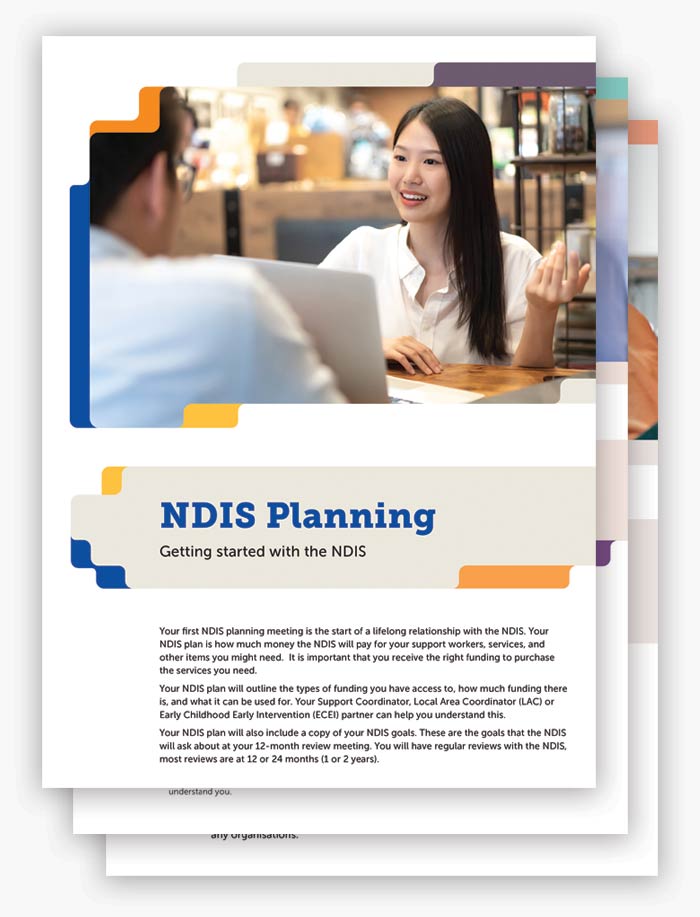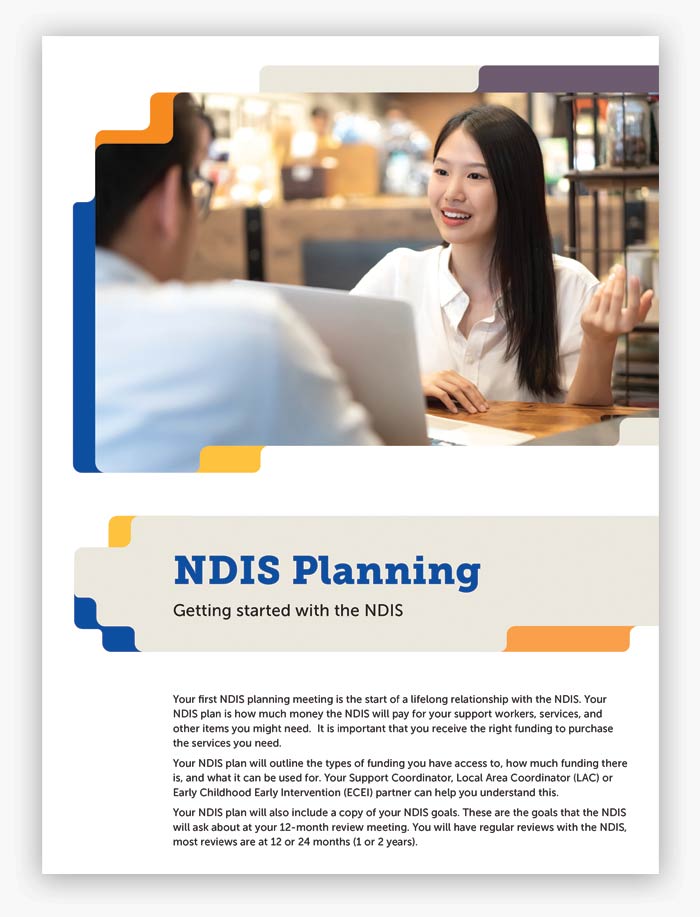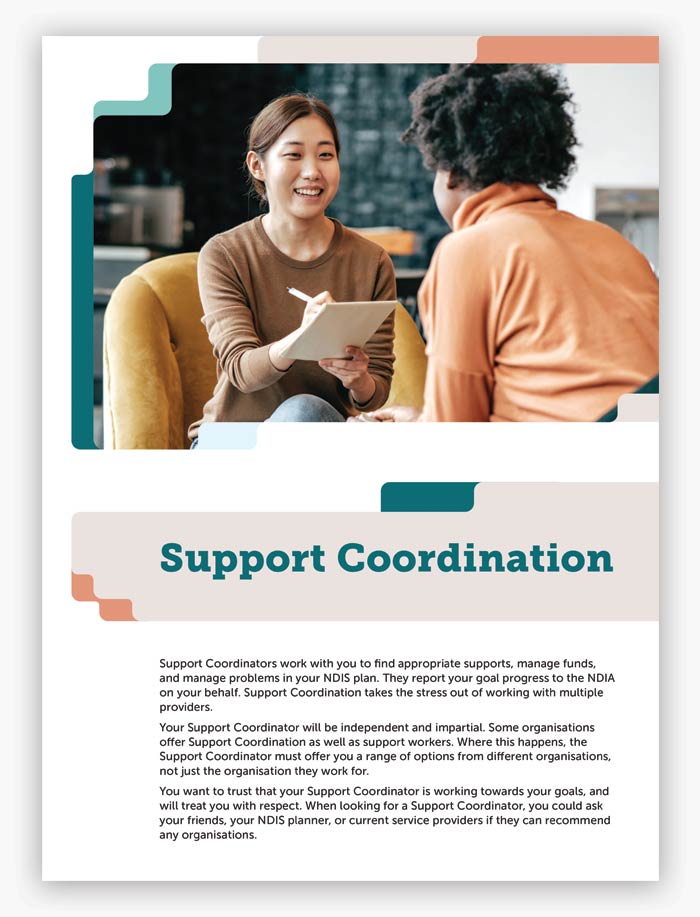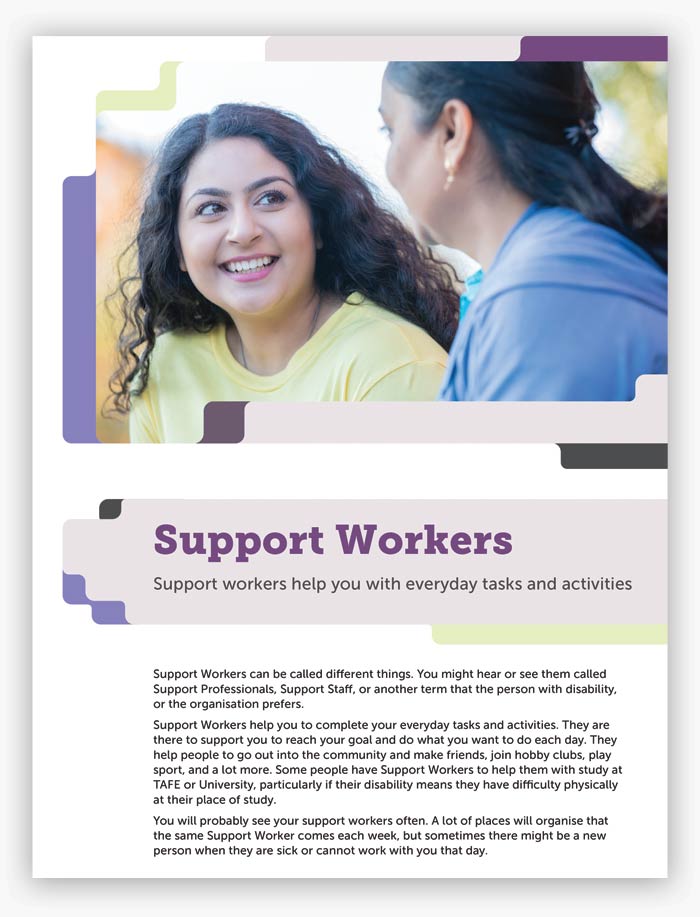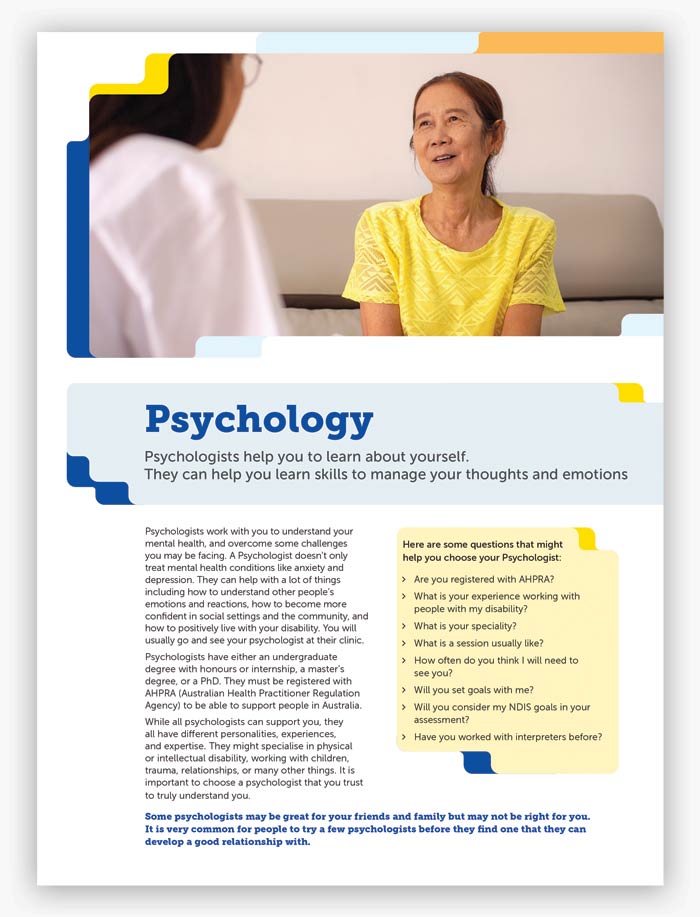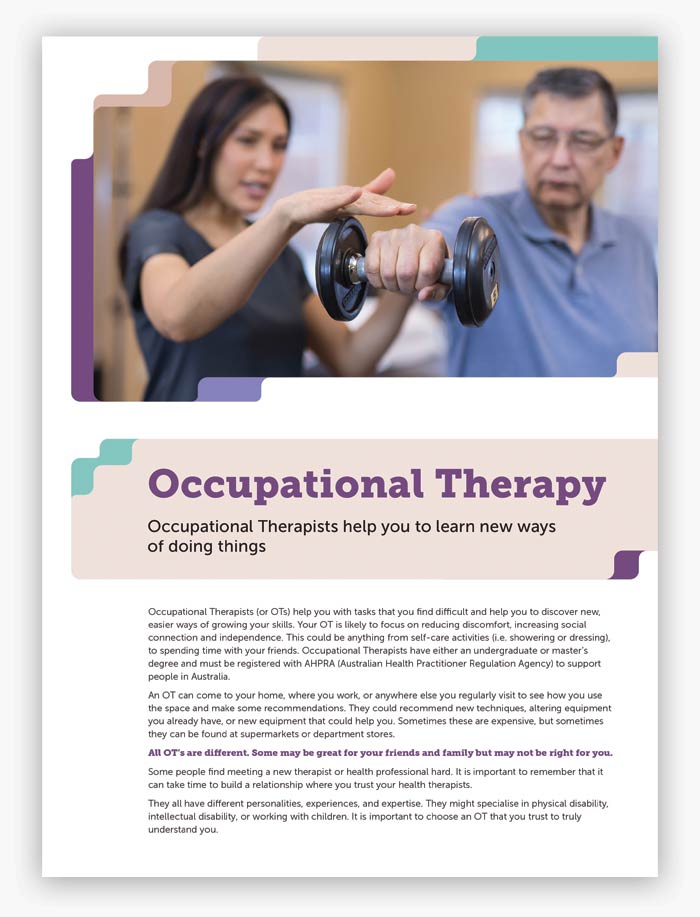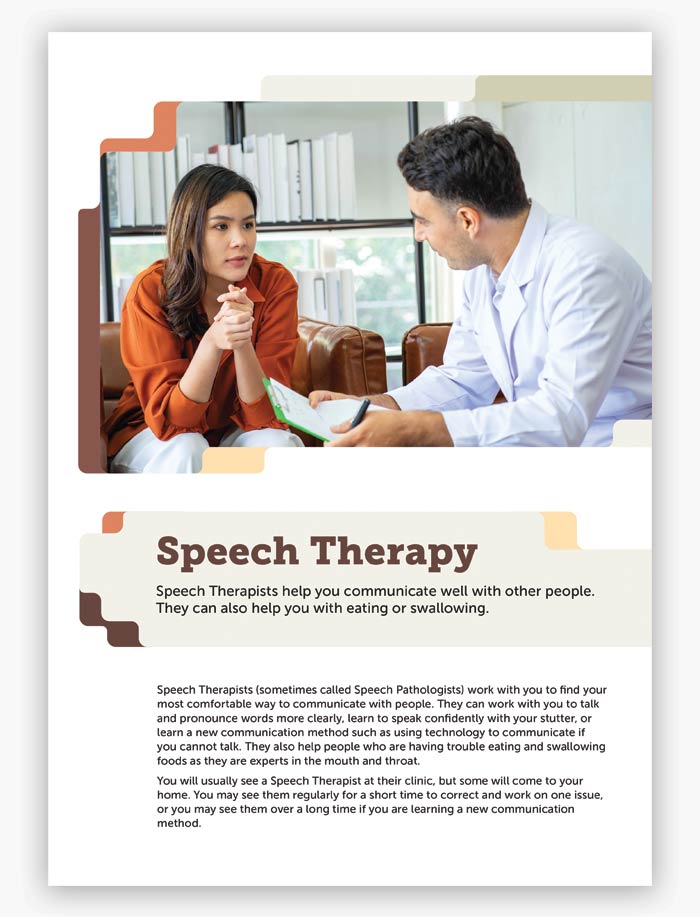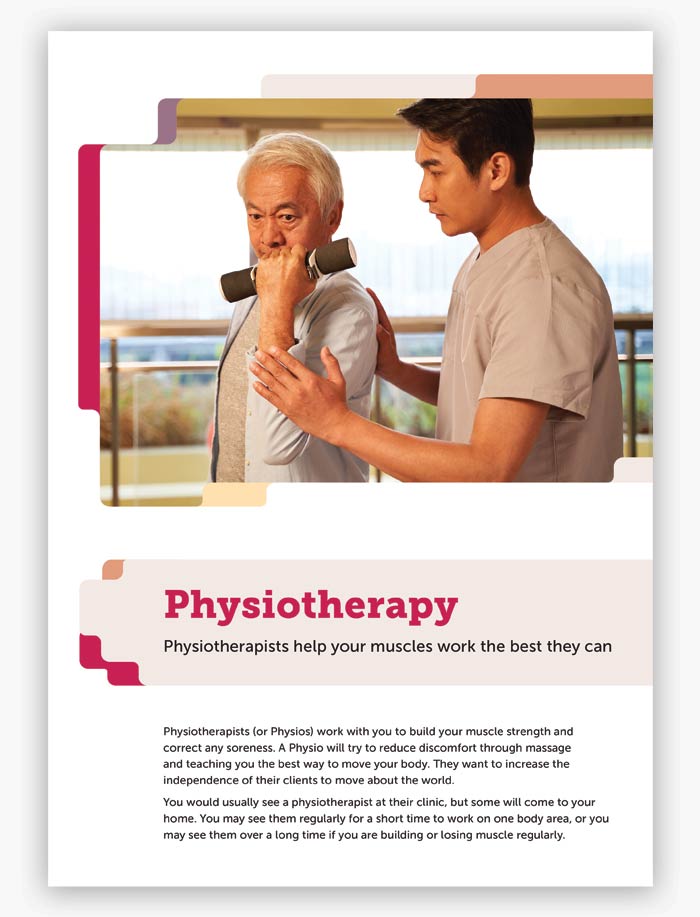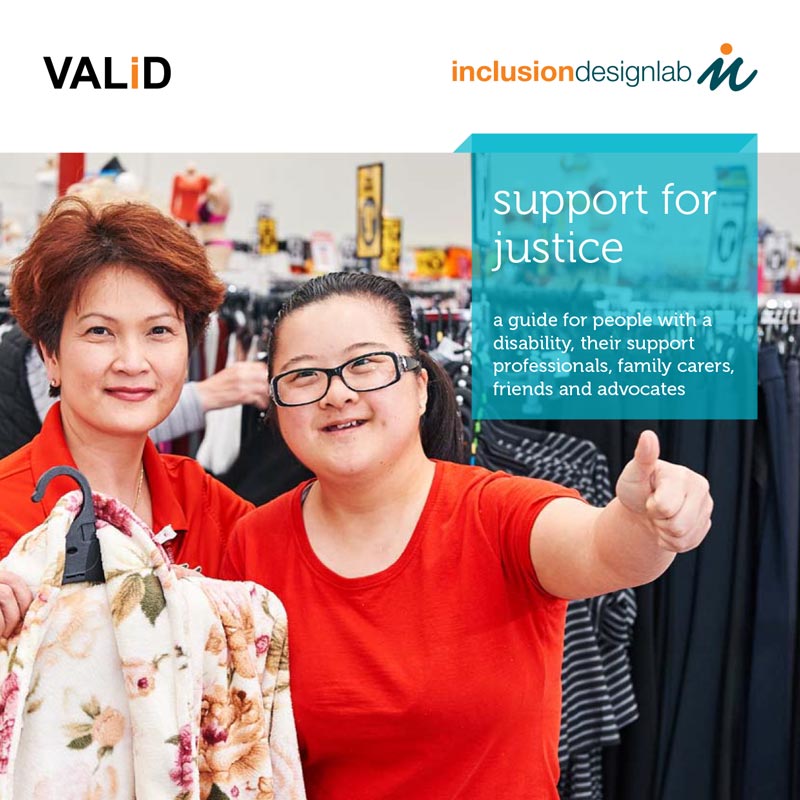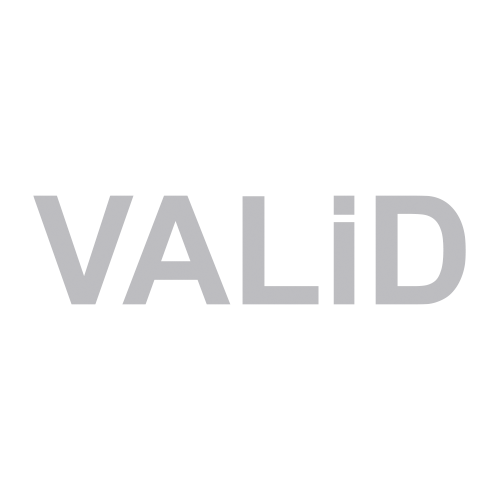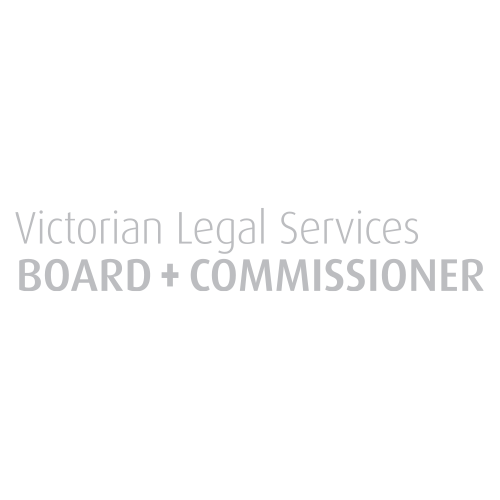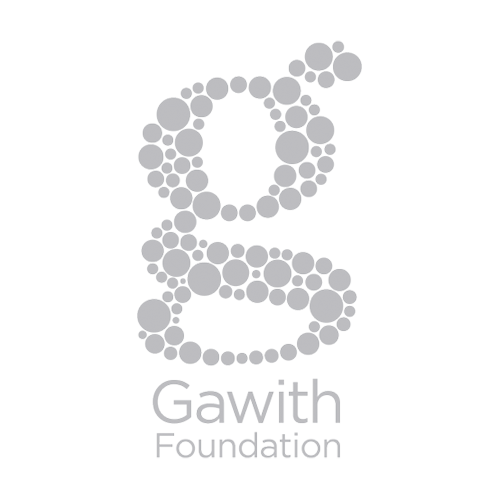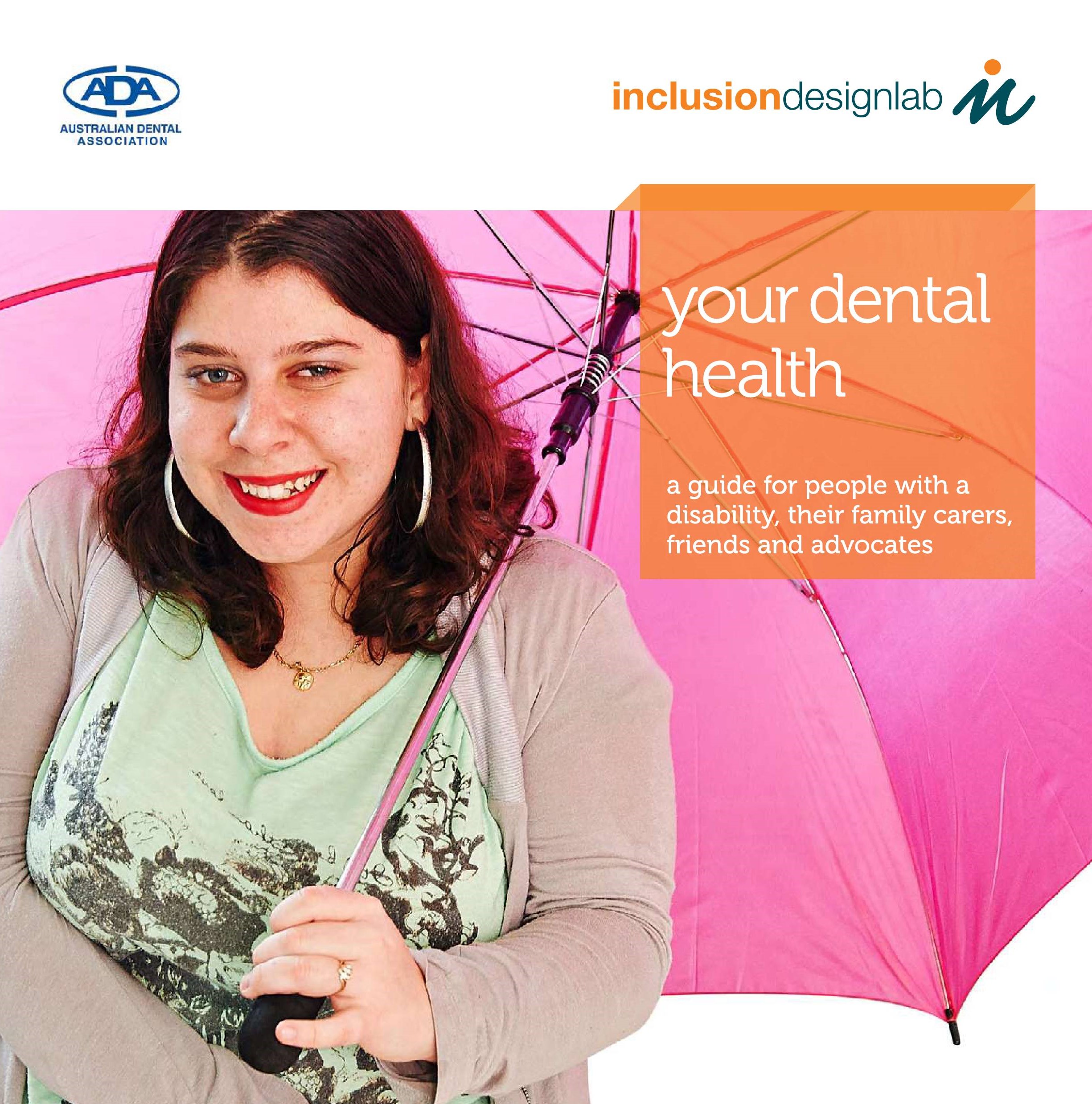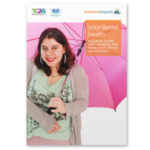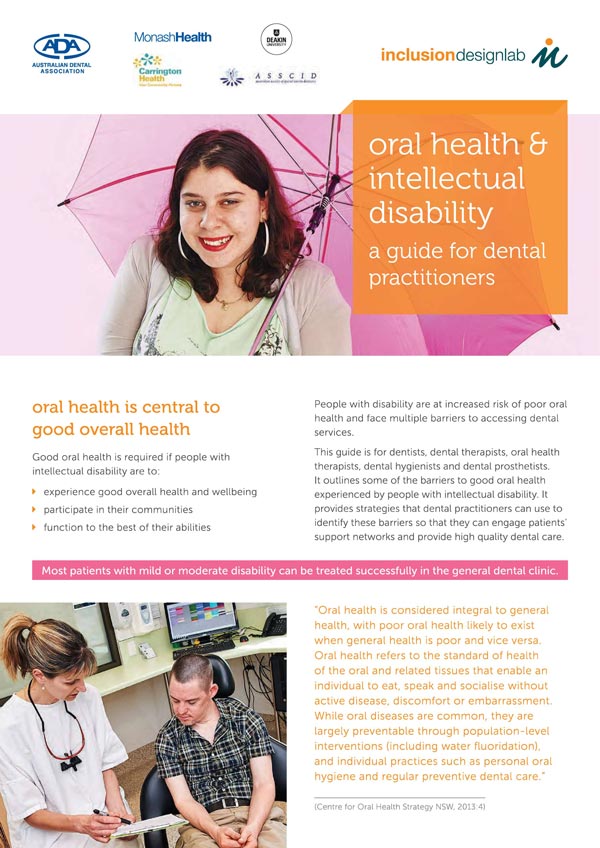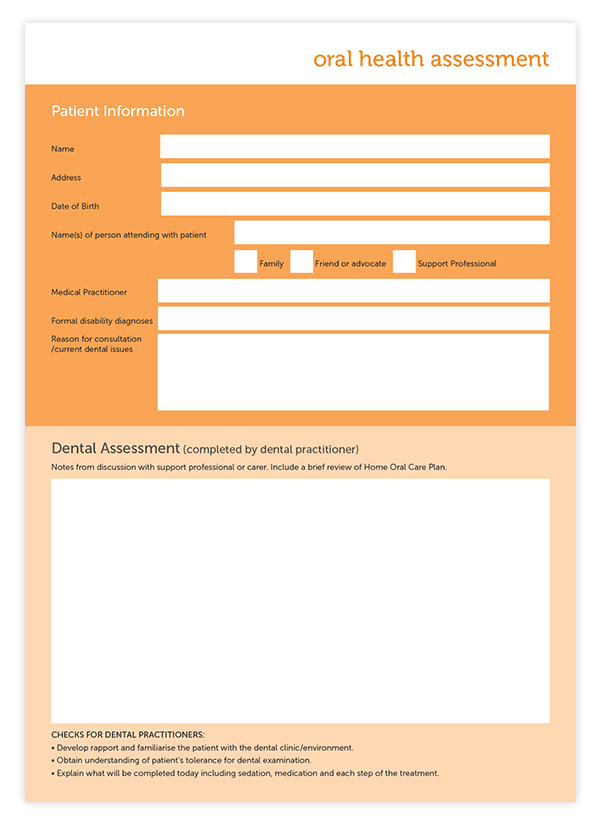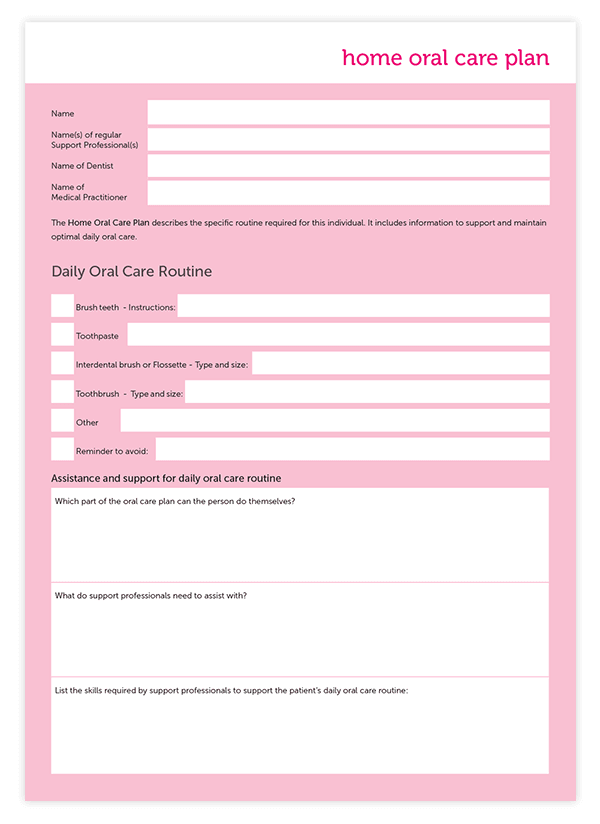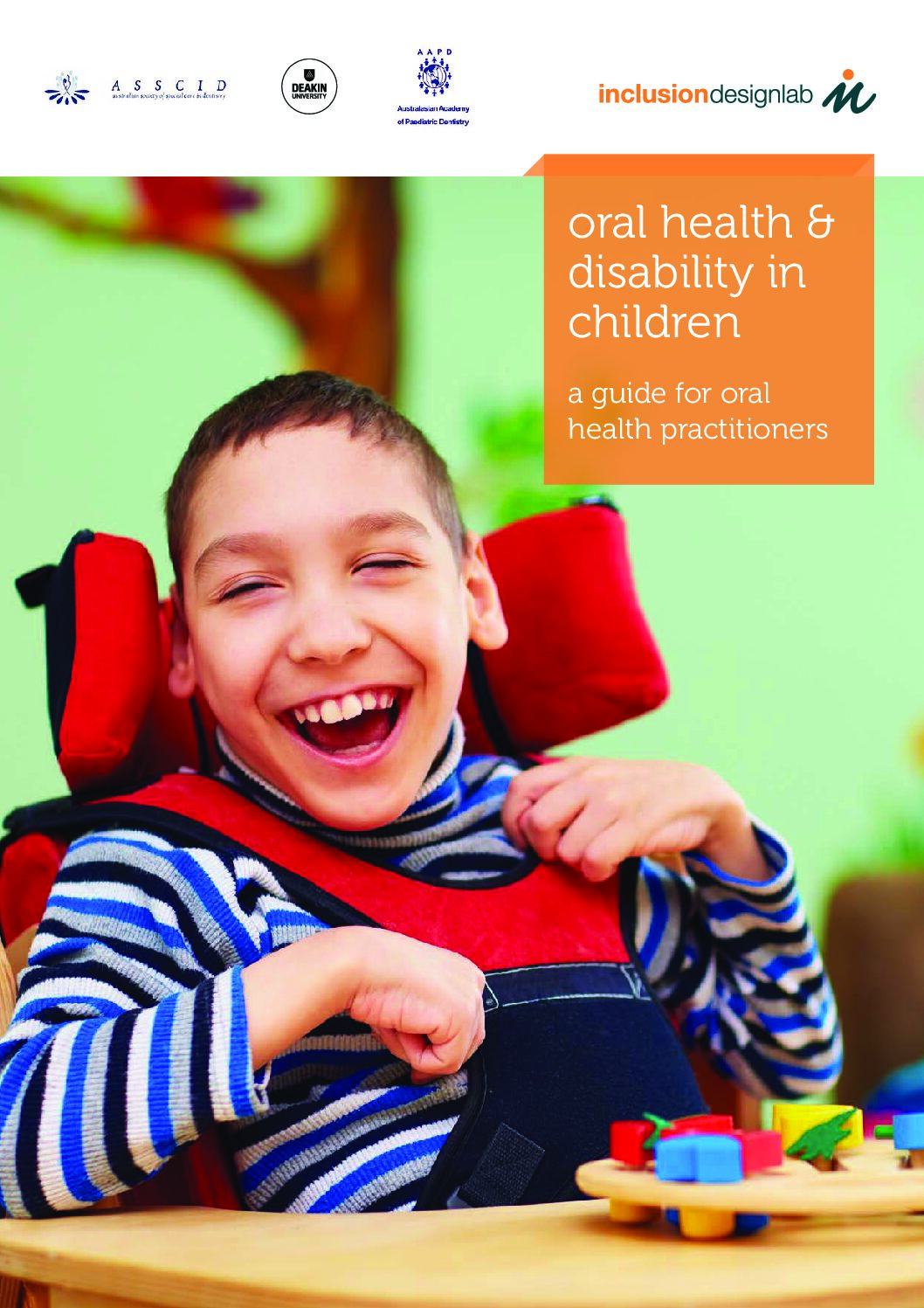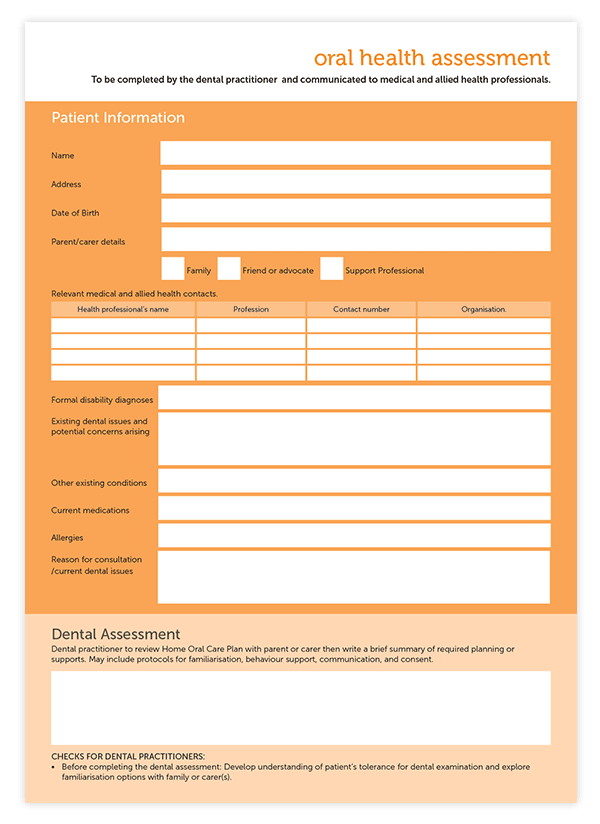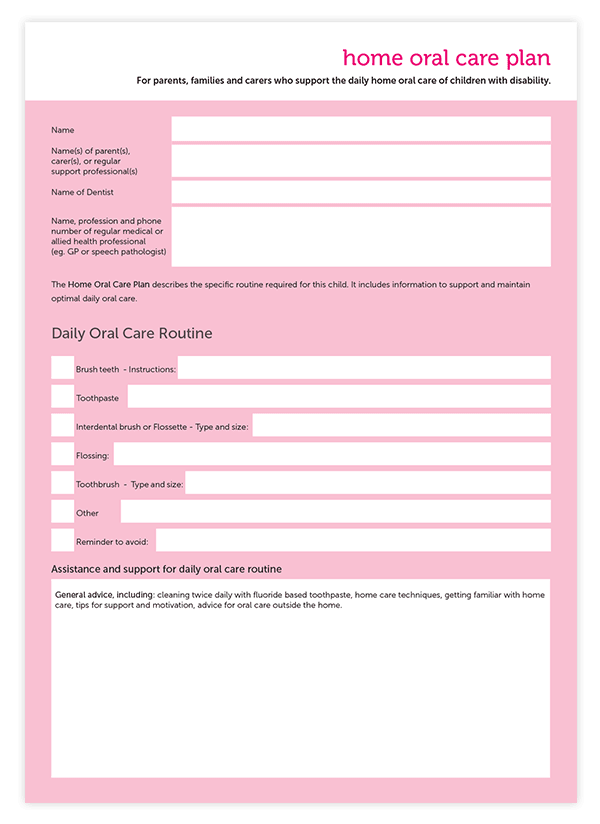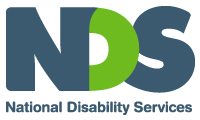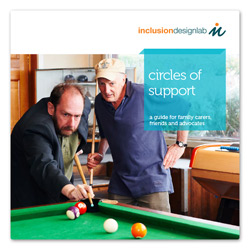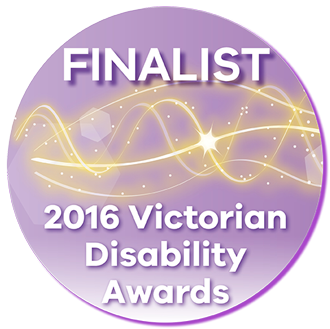Quyền và Quyền lợi của Quý vị trong các Dịch vụ Khuyết tật
Về các Nguồn Tài liệu
Người Việt bị khuyết tật gặp nhiều khó khăn hơn để tiếp cận các dịch vụ. Những sự khác biệt trong việc hiểu, truy cập, và có sẵn các thông tin phù hợp về văn hoá kết hợp với sự phức tạp của hệ thống, và các trải nghiệm khác nhau về dịch vụ khuyết tật cả ở Úc và ở nước ngoài, đều góp phần gây trở ngại cho việc tiếp cận dịch vụ, và thiếu tin tưởng vào dịch vụ.
Việc NDIS được đưa vào thực hiện đã tạo nên nhu cầu tìm hiểu tiền trợ cấp, lập kế hoạch lâu dài, và mở rộng sự lựa chọn trên thị trường, điều này đã góp phần gây ra các trở ngại mà người Việt bị khuyết tật gặp phải.
Có khoảng trống giữa thông tin được cung cấp bằng tiếng Việt, và kiến thức cần có để tìm hiểu về khuyết tật và các hệ thống liên quan một cách tự tin và có kết quả tốt. Một trong những khoảng trống này là thông tin về quyền và quyền lợi mà người khuyết tật có được ở Úc.
Lấp khoảng trống về sự hiểu biết là hết sức quan trọng đối với sự thành công của người Việt bị khuyết tật, và các gia đình để sử dụng các hỗ trợ khuyết tật được thành công.
Các nguồn tài liệu nhằm mục đích hỗ trợ người Việt bị khuyết tật và người hỗ trợ cho họ có thể:
- Nêu rõ quyền và quyền lợi của họ
- Giải thích và cung cấp bằng chứng cho các mục tiêu hỗ trợ và nhu cầu hỗ trợ trong các cuộc họp lập kế hoạch NDIS.
- Thương lượng thoả thuận dịch vụ và các điều kiện với các cơ quan cung cấp hỗ trợ.
- Đảm bảo các nhân viên hỗ trợ luôn làm việc hướng tới mục tiêu, mong ước, và nguyện vọng của người khuyết tật.
Có các nguồn tài liệu bằng cả tiếng Việt và tiếng Anh.
Tài liệu này nằm trong dự án được Victorian Multicultural Commission, Mary Mackillop Today, và State Trustees tài trợ. Nhóm dự án ghi nhận, với lòng biết ơn, sự hỗ trợ, cũng như sự đóng góp hào phóng của các thành viên trong nhóm đồng thiết kế và nhóm trọng điểm, the University of Melbourne, the City of Brimbank, Extended Families và National Ethnic Disability Association.
Your Rights and Entitlements in Disability Services
About the Resources
Vietnamese people with disability experience greater difficulty accessing services. Differences in understanding, accessibility, and availability of culturally appropriate information combined with the complexity of the system, and varying experiences of disability services both in Australia and internationally contribute to barriers to access, and lack of confidence in services.
The introduction of the NDIS, which creates the need to navigate funding, long-term planning, and widening marketplace choice, has contributed to the barriers experienced by Vietnamese people with disability.
There is a gap between information provided in Vietnamese, and the knowledge that is required to navigate disability and related systems confidently and with good outcomes. One of these gaps is in the information about the rights and entitlements that people with disability have in Australia.
Filling the gap in understanding is crucial to the success of Vietnamese people with disability, and families utilising disability supports successfully.
The resources aim to support Vietnamese people with disability and their supporters to:
- Articulate their rights and entitlements
- Justify, and provide evidence to support goals and support needs in NDIS planning meetings
- Negotiate service agreements and conditions with support providers
- Ensure that support professionals are always working towards the goals, wishes, and desires of the person with disability
The resources are available in both Vietnamese and English.
This resource is part of a project funded by the Victorian Multicultural Commission, Mary Mackillop Today, and the State Trustees. The project team gratefully acknowledges their support, as well as the generous contributions of the co-design and focus group participants, the University of Melbourne, the City of Brimbank, Extended Families and National Ethnic Disability Association.











